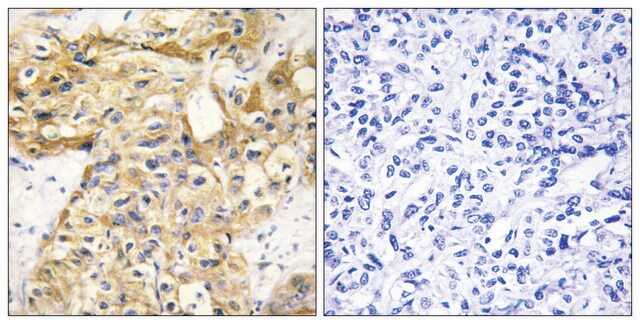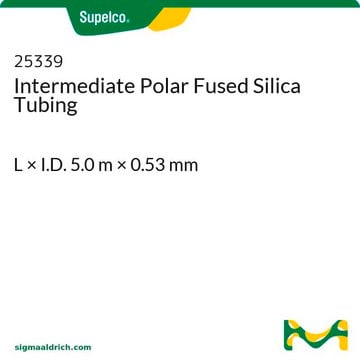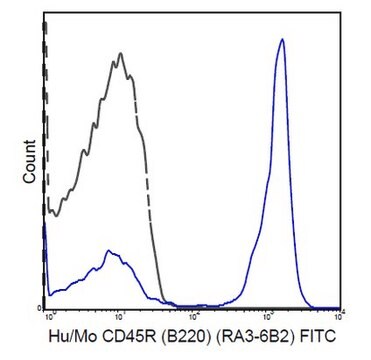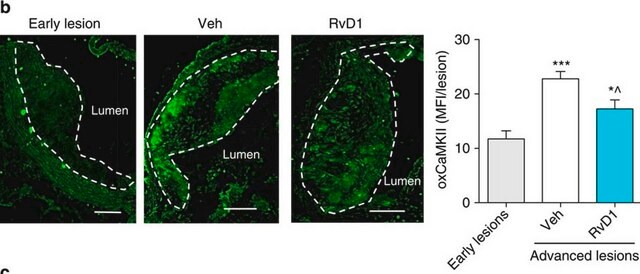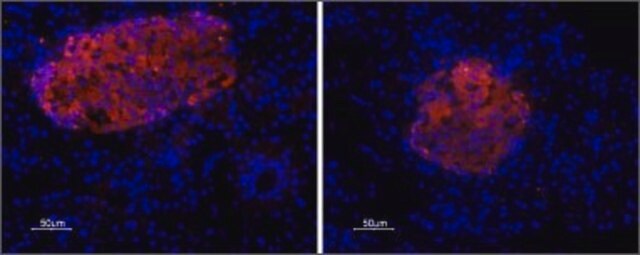MABT96
Anti-Anillin Antibody, clone 5f3.1
clone 5F3.1, from mouse
Synonym(s):
Actin-binding protein anillin
About This Item
Recommended Products
biological source
mouse
Quality Level
antibody form
purified immunoglobulin
antibody product type
primary antibodies
clone
5F3.1, monoclonal
species reactivity
human
technique(s)
immunocytochemistry: suitable
western blot: suitable
isotype
IgG1κ
NCBI accession no.
UniProt accession no.
shipped in
wet ice
target post-translational modification
unmodified
Gene Information
human ... ANLN(54443)
General description
Immunogen
Application
Cell Structure
Cytoskeletal Signaling
Quality
Western Blot Analysis: 1.0 µg/mL of this antibody detected Anillin in 10 µg of mimosine and nocodozole treated and untreated HeLa cell lysate.
Evaluated by Immunohistochemistry (Paraffin) in human testis tissue sections.
Immunohistochemistry (Paraffin) Analysis (IHC(P)): A 1:100 dilution of this antibody detected Anillin in human testis tissue sections.
Target description
Physical form
Storage and Stability
Analysis Note
Mimosine and nocodozole treated and untreated HeLa cell lysate
Other Notes
Disclaimer
Not finding the right product?
Try our Product Selector Tool.
recommended
Storage Class Code
12 - Non Combustible Liquids
WGK
WGK 1
Flash Point(F)
Not applicable
Flash Point(C)
Not applicable
Certificates of Analysis (COA)
Search for Certificates of Analysis (COA) by entering the products Lot/Batch Number. Lot and Batch Numbers can be found on a product’s label following the words ‘Lot’ or ‘Batch’.
Already Own This Product?
Find documentation for the products that you have recently purchased in the Document Library.
Our team of scientists has experience in all areas of research including Life Science, Material Science, Chemical Synthesis, Chromatography, Analytical and many others.
Contact Technical Service